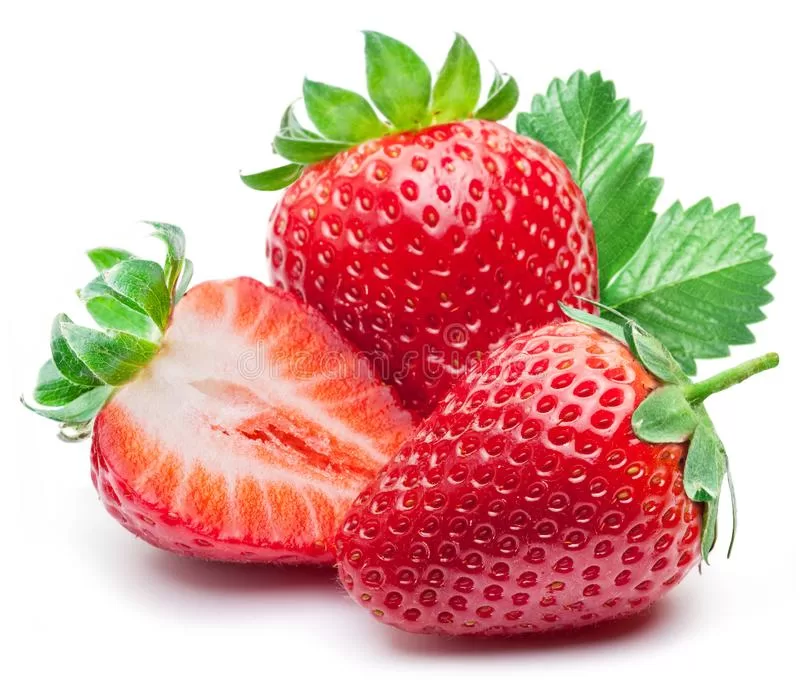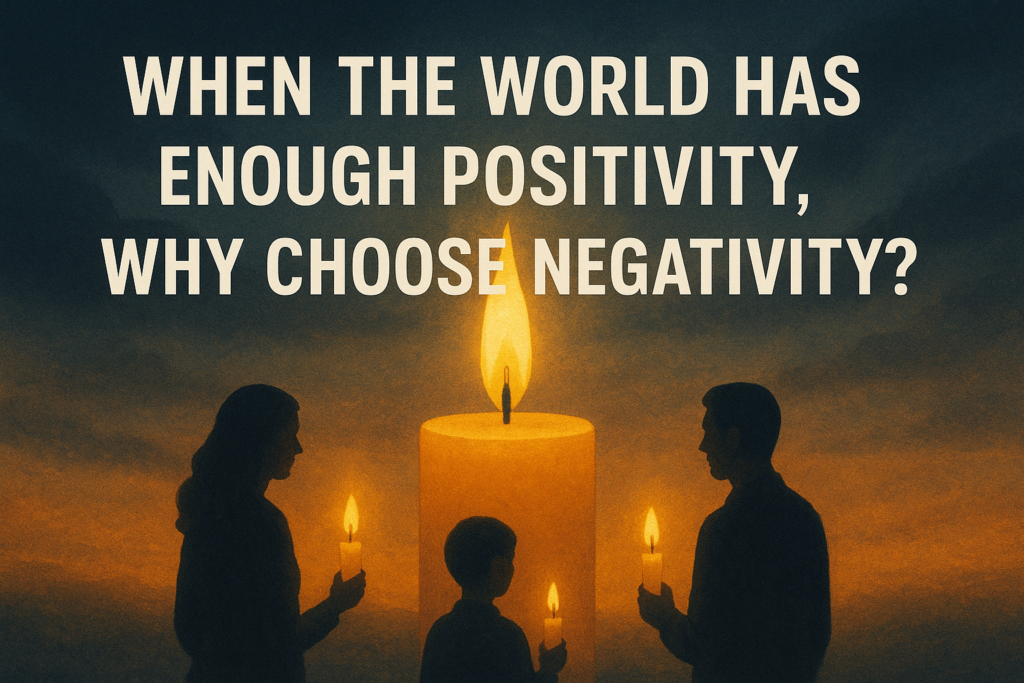Antioxidants are substances that help prevent cells from undergoing oxidation. They are basically the substances that help prevent a process in your cells known as oxidation. The majority comes from plant-based foods, although some are also produced internally. You’ve probably heard of vitamins C and E, beta-carotene, and the minerals selenium and manganese. Antioxidants can also be found in a variety of plant nutrients and compounds, including flavonoids, phenols, polyphenols, and phytoestrogens.
Antioxidants can be found in many nutritious organic foods. If you eat some or all of these foods on a daily basis, you may boost your antioxidant levels, which may help you avoid the health problems that doctors attribute to oxidative stress. Oxidative stress is caused by an excess of free radicals in the blood. Oxidative stress may make cancer, heart disease, and maybe a lot of other long-term diseases and disorders worse.
The Function of Antioxidants
When these molecules react with oxygen, they trigger an oxidation process that destroys your cells and their DNA. To varying degrees, they all succeed. They work together to combat free radicals. When these molecules react with oxygen, they trigger an oxidation process that destroys your cells and their DNA.
Whenever it breaks down food, sunshine, or environmental poisons like tobacco, pollution, or alcohol, your body creates free radicals. Antioxidants can either stop free radicals from forming or get rid of them once they’ve already done so.
A previous paper in the journal Antioxidants & Redox Signaling says that antioxidants may help people live longer if they believe the free radical theory of aging, which can cause diseases like cancer, heart disease, and eye diseases like age-related macular degeneration. In general, antioxidants help stop or lessen damage to our cells. High amounts of vitamin C have been linked to a lower risk of getting cancer and a longer, healthier life.
Fruits and vegetables are the best sources of antioxidants, but most natural foods already have some built-in. Antioxidants can be found in supplements, but Wolfram suggests getting them from plants instead of lab-made products. Fruit, vegetables, nuts, seeds, and legumes still make up the “basis of excellent nutrition. Stay away from processed meats and eat seafood instead if you must consume animal protein.
In this article, we’ll go over some of the best options for increasing your intake of antioxidant-rich foods. So let’s see the potential benefits of these great 11 foods rich in antioxidants for our own health. Let’s dive in.

1. Blueberries may help reduce your risk of cardiovascular disease
Though modest in size, blueberries are mighty in their nutritional value. Blueberries are a good source of many nutrients, including anthocyanins, which are pigments that are high in antioxidants.
There’s a good reason why blueberries are sometimes called “superfoods”; they may help with cognitive health, bone density, and cardiovascular disease prevention, to name a few. A study published in the American Journal of Clinical Nutrition found that eating 1 cup of blueberries every day for six months cut the risk of heart disease by 12–15%. Take into account that this research was supported by the U.S. Highbush Blueberry Council, which could lead to skewed findings.
2. Broccoli, Helpful in the Fight Against Cancer
Broccoli, like other dark, leafy veggies, is extremely healthy. Research published in the journal Preventive Nutrition and Food Science found that broccoli has a lot of phenolics, which are chemicals that plants make to protect themselves from oxidative stress. It has also been observed in many in vivo and in vitro studies that phenolic compounds are supposed to have beneficial effects on human health.
Research published in the International Journal of Chemical Engineering and Applications said that these chemicals might protect against disease, inflammation, and allergies because they have a lot of antioxidants and can fight cancer.
3. Walnuts might reduce your belly fat.
Nuts are a fantastic snack since they are high in fiber, protein, and healthy unsaturated fats. But if you had to pick only one, the walnut would be it because it packs the most nutritional punch for its size. Since walnuts are so similar to human brains, they have been used in traditional Chinese medicine to promote brain health. The journal Natural Product Communications published the results of a study that found walnuts help keep brain cells healthy and may even improve memory.
According to Harvard Health Publishing, the polyunsaturated and monounsaturated fats in raw, unsalted nuts like walnuts are good for your heart. A review that came out in the journal Nutrients said that if you eat this key part of the Mediterranean diet in moderation, you may lower your risk of type 2 diabetes and heart disease.
But the polyphenol concentration makes walnuts shine. A study showed that these molecules work with antioxidants to stop oxidative stress. This may help with inflammation, weight control, and preventing diseases like cancer.
4. Spinach can Help better Your Eyesight
Spinach, a close relative of the beetroot, is a nutrient-dense vegetable that may benefit the health of your bones, eyes, and hair. The orange color of carrots and other vegetables comes from a carotenoid called lutein, which is also present in spinach. A study published in the journal Nutrients suggests that lutein may help keep eyes healthy and may protect against age-related macular degeneration. The study showed that because lutein is an antioxidant, spinach may also be good for the heart and lower the risk of cancer.
5. Potatoes Help Your Brain and Blood Pressure
Even though potatoes have a high glycemic index, you should still eat them because they are full of nutrients and can be used in many ways. Even though potatoes have a high glycemic index, you should still eat them because they are full of nutrients and can be used in many ways. However, I’m sorry to break it to you, but potato-based derivatives like potato chips and French fries don’t qualify. If you want to color for health benefits, go for sweet potatoes or purple potatoes. Like other fruits and vegetables, more vibrant color means there are more antioxidants.
Antioxidants in potatoes may help reduce blood pressure, heart disease risk, cancer risk, and neurodegenerative disease risk, according to studies like one published in Critical Reviews in Food Science and Nutrition.
6. Green Tea, Protection from Possible Infection
Almost wherever you go, green tea beverages will be highlighted. A study that came out in July 2018 in the journal BioMed Research International found that green tea kills bacteria, reduces inflammation, and prevents cancer. This is one reason why green tea is becoming more popular.
Catechins, a type of phytochemical that works as a potent antioxidant, are what distinguish green tea from other teas. The above study is just one of many that have shown that the antimicrobial catechins in green tea may help treat and prevent infectious diseases.
7. Strawberries reduce the risk of developing type 2 diabetes

Strawberries are the jewel in the fruit crown due to their sweet and luscious flavor. Like blueberries, strawberries are considered a superfood because of the anthocyanins that give them their bright red color. A review published in July 2019 in the journal Nutrients says that reducing inflammation and blood pressure may help prevent heart disease.
The British Journal of Nutrition reported that polyphenols, which are also found in cranberries and spinach, may also improve insulin sensitivity in overweight people who don’t have diabetes. This suggests that this natural candy may help prevent type 2 diabetes.
8. Beans are a Good Plant-Based Protein Source
Because most popular beans, like navy beans, black beans, and kidney beans, have similar nutritional profiles, we’ll look at beans as a whole instead of the hundreds of different kinds. Beans are often eaten on plant-based diets like vegetarian and vegan diets because they are high in fiber, phytochemicals, and protein. The International Journal of Molecular Sciences published a study that found that beans have almost as much protein as beef.
Beans are an outstanding food choice for obtaining both protein and dietary fiber. There are also large levels of antioxidants in certain beans, such as pinto beans.
Pinto beans have been shown to contain the plant flavonoid known as kaempferol, which has been shown to inhibit the growth of cancer cells and reduce inflammation. Several studies have found a connection between kaempferol and the prevention of certain malignancies, including the breast, kidney, slung, and bladder
Some people have trouble digesting beans, but this usually goes away as they eat more of them, and the health benefits of these high-nutrient nuggets more than makeup for it.
9. Raspberry’s anti-cancer properties reduce the growth of cancerous cells and tumors
Raspberries are a fantastic food choice for those looking to get their antioxidant fix. In addition to that, they are rich in manganese, vitamin C, and dietary fiber. There is some evidence that the antioxidants in raspberries may help kill some cancer cells.
For instance, researchers in one laboratory study discovered that the antioxidants and some of the other substances in raspberries helped destroy breast, colon, and stomach cancer cells when they were grown in test tubes.
In the case of breast cancer, the researchers believed that the antioxidant properties of the raspberry extract were responsible for the elimination of approximately 50 percent of the cancer cells.
According to the findings of the more current analysis of previous research, the chemical constituents of black raspberries have the potential to inhibit the growth of malignant tumors. In addition, research has shown that the antioxidants in raspberries, particularly a group of compounds known as anthocyanins, can reduce the risk factors for cardiovascular disease by bringing down levels of LDL cholesterol and blood pressure.
10. Oats That May Improve Weight Loss and Heart Health
There has been a renaissance of the oat in many forms, including milk, flour, granola, beauty goods, and even dog treats—so much so that we could call this the Year of the Oat. The Harvard T.H. Chan School of Public Health says that whole oats are full of antioxidants. This may help reduce chronic inflammation, which has been linked to heart disease and diabetes. As with many other healthy foods, oats can help you shed pounds. As Harvard points out, oats’ high soluble fiber content makes them a good choice for those looking to feel fuller for longer.
11. Dark chocolate may improve your mood and memory
You can now rationalize your daily intake of dark chocolate. According to a study published in the Journal of Neuroscience, the flavonoids in cacao beans (from which chocolate is made) serve as antioxidants and may contribute to cancer prevention, heart health, and weight loss. A study published in The FASEB Journal found that eating dark chocolate with at least 70% cacao made people smarter, stopped them from losing their memories, and made them happier when they ate a moderate amount (about 1 ounce per day).

The Last line
The body produces its own antioxidants, which are naturally occurring molecules. They’re not just found in supplements; foods are a great source as well. They prevent free radicals, which are unstable chemicals, from building up in the body and causing oxidative stress. Oxidative stress increases the risk of many long-term diseases, such as heart disease, cancer, and type 2 diabetes.
Free radicals can be neutralized by eating foods that are high in antioxidants. This can lower the risk of many chronic diseases. Eat a wide range of foods listed in this article to increase the antioxidants in your blood and enjoy the many health benefits they offer.
Disclaimer: The author’s views are his or her own. The facts and opinions in the article have been taken from various articles and political commentaries available in the online media and Eastside Writers does not take any responsibility or obligation for them.
Note: Contact our Writers at www.eastsidewriters.com for writing Blogs/Articles on any niche. We have experts in various domains from Technology to Finance and from Spirituality to Lifestyle and Entertainment.







Pingback: How To Enrich Your Life With Contentment And Fulfilment - Eastside Writers
Pingback: 12 Natural Ways To Defeat Common Seasonal Allergy In Humans - Eastside Writers
Pingback: Know The Rich Benefits Of Adding Dark Chocolate To Your Diet Routine - Eastside Writers
Pingback: What Is Age-Related Macular Degeneration, Its Consequences And Treatment
Pingback: Wholesome Benefits Of Kutki Can Make You Live A Longer Healthy Life
Pingback: Why CoQ10 Is The Drug Of Choice For Many When It Comes To Health Management - Eastside Writers
Pingback: The Sweet Science: Exploring the Benefits and Secrets of Honey - Eastside Writers
Pingback: Low Glycemic Index Foods: A Beneficial Choice for Diabetes Management - Eastside Writers
Pingback: Peeling Back the Truth: The Incredible Health Benefits of Eating Bananas - Eastside Writers
Pingback: From Darjeeling to Yerba Mate: Exploring the World of Tea, One Sip at a Time - Eastside Writers
Pingback: The Healing Power of Aloe Vera: Know its Medicinal Properties and Modern Applications - Eastside Writers
Pingback: The Power of Pomegranate -This Superfood Can Help You Lose Weight - Eastside Writers
Pingback: Shatavari - A Powerful unique Herb for Women's Reproductive Health and Wellness - Eastside Writers
Pingback: Arjuna, the Ayurvedic most quintessential herb for a balanced, holistic, and fulfilling life! - Eastside Writers